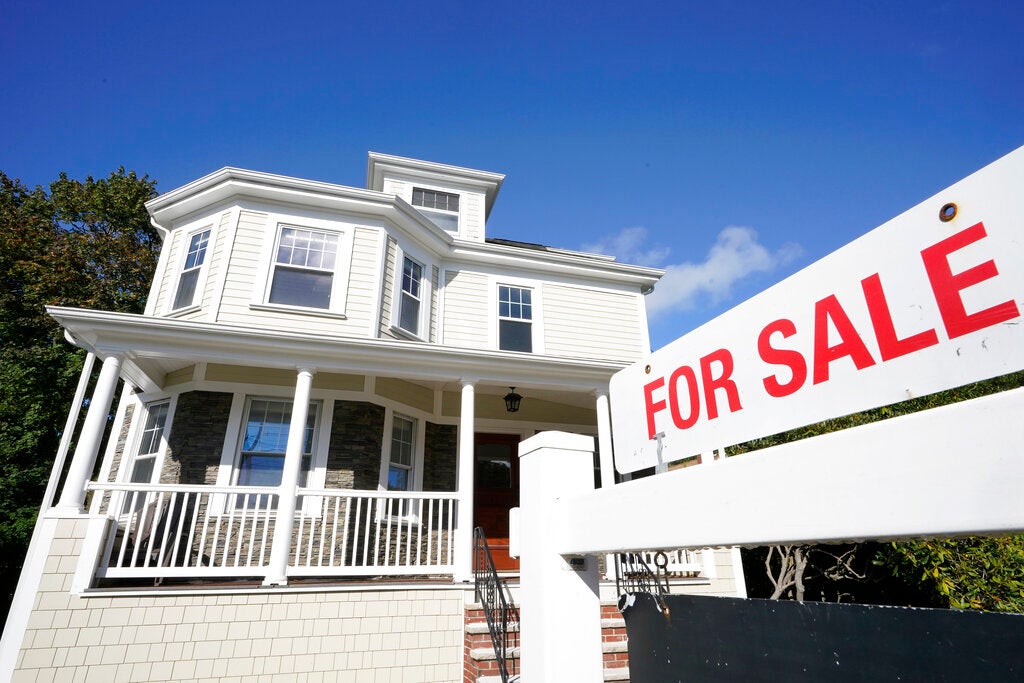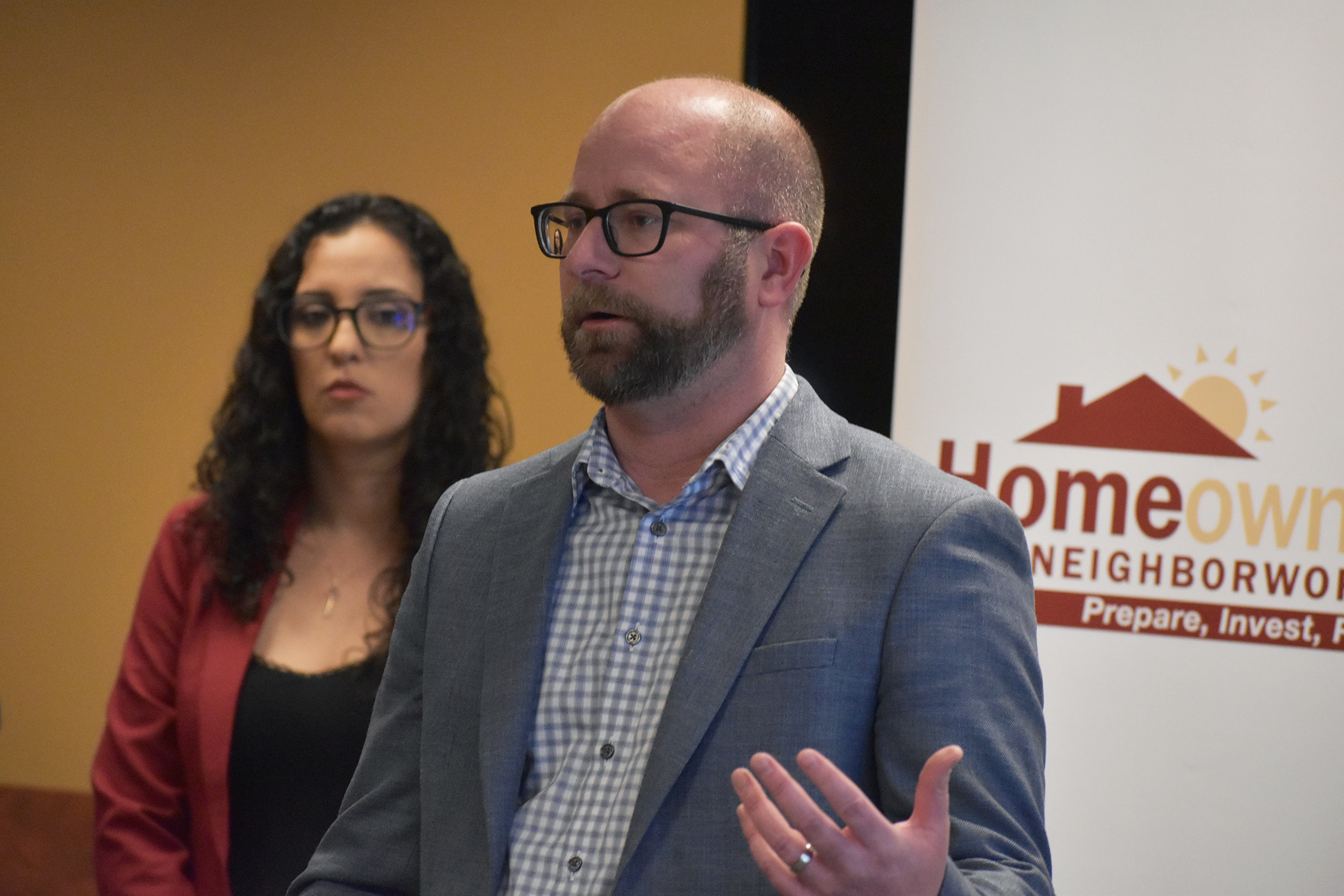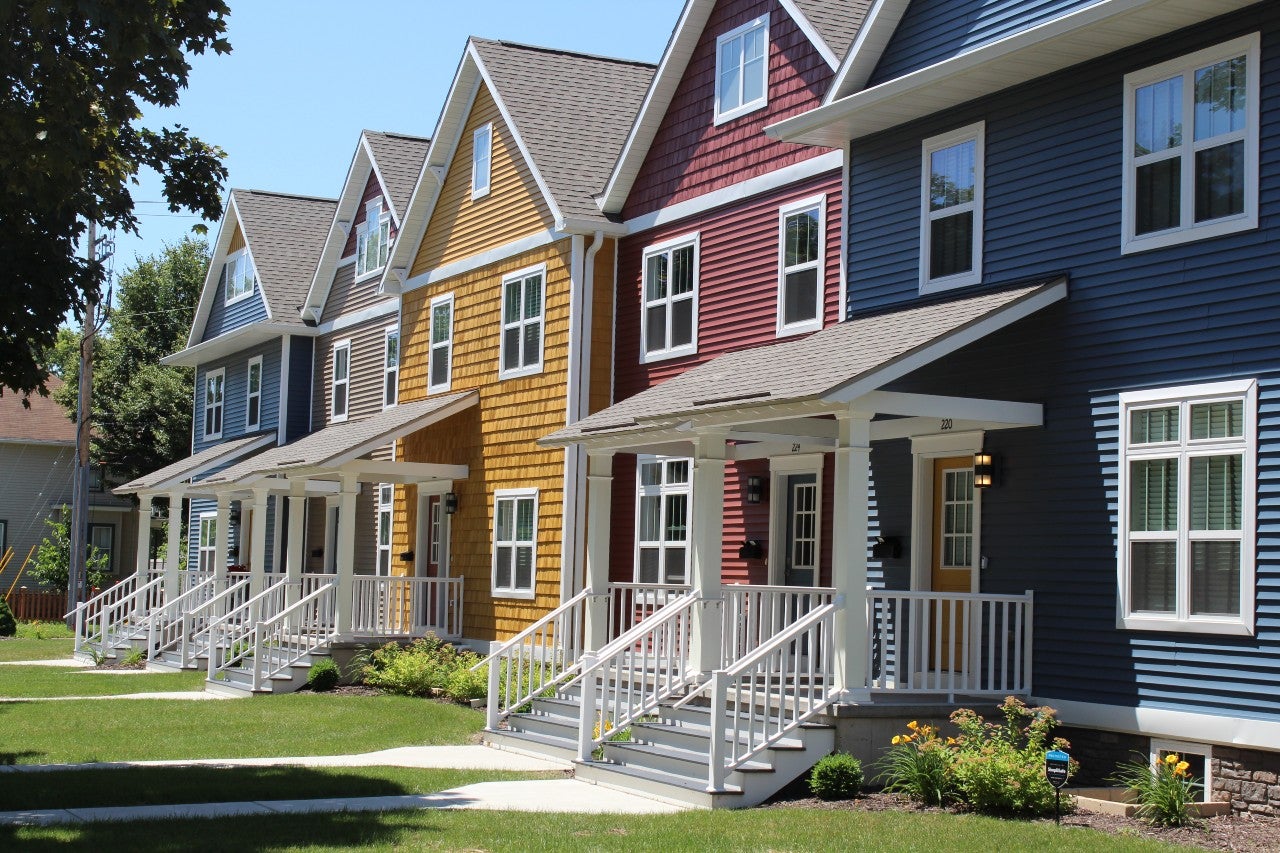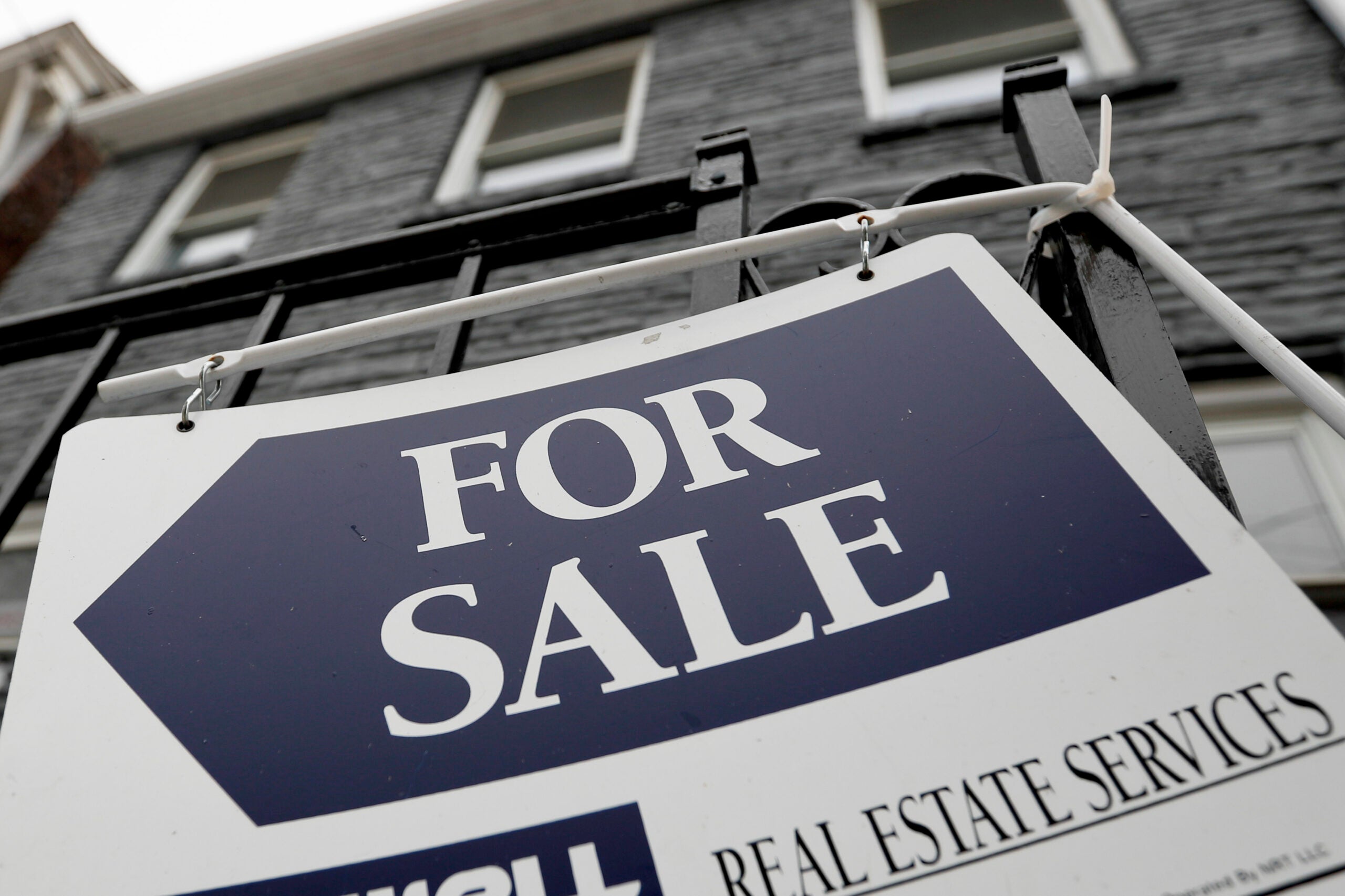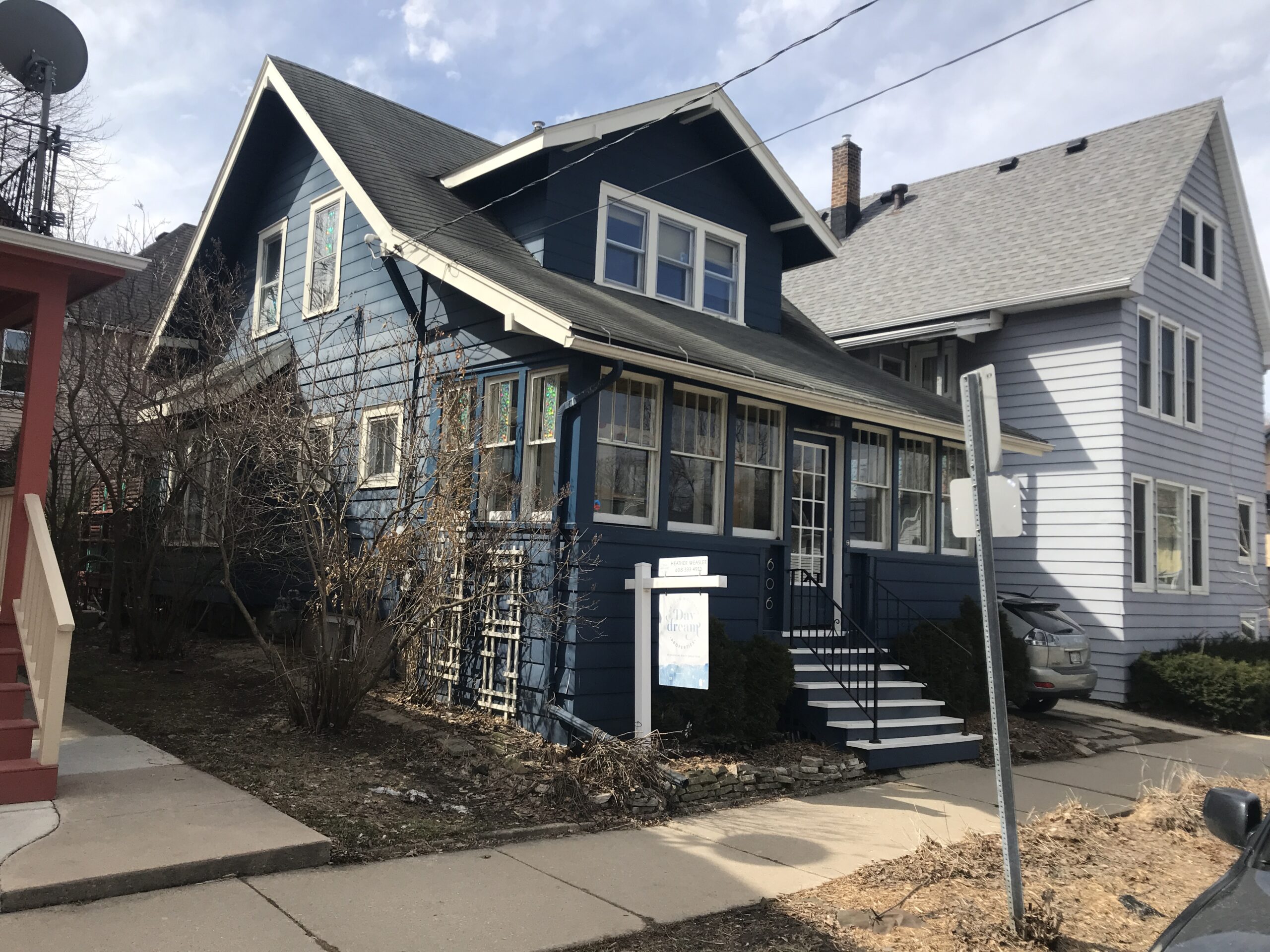A bipartisan group of state lawmakers recently introduced a package of bills aimed at addressing Wisconsin’s affordable housing crisis.
Supporters of the legislation say the bills will target high construction costs through low- to zero-interest loans for certain housing projects, as well as make it easier for local governments to approve housing developments. The bills have received support from real estate, building groups, local government associations and public health associations.
“Nothing is the be-all and end-all or the perfect answer, but these address some very specific challenges and allow housing to move forward that otherwise wouldn’t,” said Jerry Deschane, executive director of the League of Wisconsin Municipalities. “It’s not going to be the same in every community, but we think these different bills address very specific problems.”
News with a little more humanity
WPR’s “Wisconsin Today” newsletter keeps you connected to the state you love without feeling overwhelmed. No paywall. No agenda. No corporate filter.
The package comes as Wisconsin needs to build at least 140,000 housing units by the end of the decade to keep pace with current demand, according to Forward Analytics, the research arm of the Wisconsin Counties Association.
State Sen. Romaine Quinn, R-Cameron, and University of Wisconsin-Madison Urban and Regional Planning professor Kurt Paulsen talked about the package last Friday on WisconsinEye.
Quinn, who cosponsored each of the bills, said the shortage negatively impacts quality of life, economic development, community growth and local school systems.
“It literally affects everyone of almost every income range to the point where it really is a crisis,” he said. “All of these bills, they’re not silver bullets, but they’re working in connection with one another to address the root causes of this. Doing nothing is not an option.”
State loans could address construction, rehabilitation costs
The package contains several pieces of legislation that aim to ease construction costs for developers, and renovation costs for homeowners.
The bills would establish revolving loan funds for workforce and senior housing, Main Street housing rehabilitation and turning vacant commercial buildings into new residential developments. Another bill would provide low-interest loans for residents making improvements to old homes. All of those programs would be administered by the Wisconsin Housing and Economic Development Authority.
The revolving loan funds would offer no-interest loans and aim to provide more workforce or senior housing. Paulsen described workforce housing as homes that are affordable to the people working in a given community.
Construction costs provide a major barrier for housing development, not just in terms of bricks and lumber. Developers often have to borrow funds for projects, and that’s difficult to do while keeping a project cost-effective — especially with high interest rates, Paulsen said.
“A zero-interest loan to rehab existing buildings really makes the economics work,” he said.
Quinn said many downtowns across Wisconsin have vacant spaces that could be used for housing above storefronts, restaurants and other businesses. He said allowing more people to live on main streets also helps downtown revitalization efforts.
“A lot of these may not be multi-units, it may be one unit, so you’re not getting the economies of scale,” he said. “If I can get you a zero interest loan to kick off your project, it might be more enticing for a developer that otherwise might walk away and want to go build something with more units.”
‘Truth in zoning bill’ could address pushback to new housing
One of the bills aims to make it harder for residents to block new housing as long as a proposed development meets existing zoning requirements. Under the bill, a municipal government must approve a residential housing development if it meets local zoning requirements.
Quinn referenced a project in Wauwatosa, in which plans for an apartment complex were abandoned and replaced by a car wash after the development faced opposition and a lawsuit from community members.
He said cases like that happen across the state where residents, with a “not in my backyard” mindset, band together to block new housing.
“There are times, and I’ve seen it, where four people show up at a meeting that no one else is at and complain, and it throws a project off,” he said. “Well, what about the 100 people that would have found a home? Don’t they matter, too?”
Deshane called the legislation a “truth in zoning bill.” He said it reinforces municipalities’ existing zoning codes and comprehensive plans. Deshane said the bill still allows community members to potentially block a project that requires a property to be rezoned — such as putting a multifamily apartment complex in a neighborhood zoned for single-family use.
“What a truth in zoning bill says to the community and the residents is, ‘If you do not like the way your comprehensive plan will develop your community, change the plan. Don’t try to change the rules at the 11th hour,’” he said.
Quinn said he believes the bills will receive bipartisan support in the state Legislature, and he’s hopeful they could be signed into law if they reach the governor’s desk.
“It’s the carrot, it’s not the stick approach. We’re not making communities do anything,” Quinn said. “But for those that want to be proactive, you’re gonna be rewarded. We’re gonna incentivize developers to come to your town to deliver the type of housing that your constituents need.”
Editor’s note: this story has been updated to note that the legislation would make low-interest loans available to some homeowners making improvements to older homes.
Wisconsin Public Radio, © Copyright 2026, Board of Regents of the University of Wisconsin System and Wisconsin Educational Communications Board.

